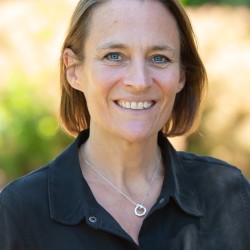Modifying a self-efficacy tool for people with learning disabilities using inclusive, open and accessible research
Dr Anna Cox, Senior Lecturer in Health and Social Care, worked with experts in learning disabilities (by profession or experience) to deliver inclusive and accessible research with and for people with learning disabilities.
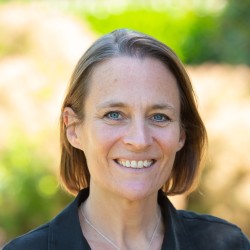
The issue
People with learning disabilities can be good parents with the right support. Interventions exist to support parents-to-be with learning disabilities, but evaluation of their impact is limited by a lack of accessible outcome measures. Our study used a process of inclusive research to address this. We worked with experts in learning disabilities (by profession or experience) to modify a Tool to Masure Parenting Self-Efficacy in the ANtenatal period (TOPSE AN), to make it accessible and meaningful as an outcome measure for people with learning disabilities.
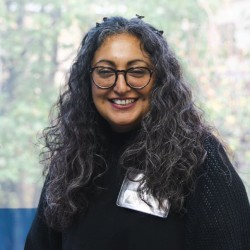
Our approach
The study aimed to be inclusive and accessible. Inclusivity was achieved by fully involving people with learning disabilities in the research process. A father with learning disabilities was co-investigator, and specialist parent advocates supported the research. The breadth of experience in the research team and advisory group, and the focus on inclusivity and a sharing of power in the research process, created a tool that is accessible and meaningful to parents-to-be with learning disabilities. However, accessibility is important in terms of both the product and its dissemination. We published the paper as an open access article 1 and made the modified tool 2 available to others as a free download. However, ‘open’ doesn’t necessarily mean ‘accessible’. Therefore, we also recorded a short discussion of the paper 3 – a video abstract - and attached it to the article online. This discussion involved two authors, a researcher and a father with learning disabilities.
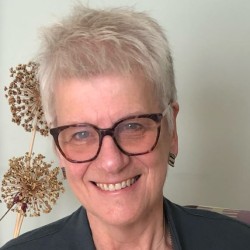
Benefits and challenges
Our approach to accessible dissemination required very little time or money. Following previous advice not to script people with learning disabilities, our video abstract for the British Journal of Learning Disabilities’ website was a relaxed and chatty discussion between a researcher and a father with learning disabilities. However, our accessible tool measures the construct of ‘self-efficacy’ but in the discussion the term ‘self-confidence’ is used by the father with learning disabilities, a construct often used interchangeably with self-efficacy. Involving people with lived experience in the production of accessible outputs has many benefits, but also introduces the challenge of achieving accessibility without compromising meaning, balancing lay and academic language.

The outcome
Working on inclusive research is a rewarding experience for both experts by profession and experts by experience. Developing resources with the population who will implement or benefit from them ensures they are meaningful and supports future dissemination and impact. Accessible dissemination gives opportunity to share why our work matters and what it means, with people it is designed to benefit. Accessible written summaries or recorded discussions should be widely adopted, particularly in research addressing inequalities in underserved communities.
URL, references and further information
- Ip, A., Kendall, S., Jabeen, A., Watkin, S., & Cox, A. (2023). A measure to evaluate parenting interventions: Using inclusive research to modify a tool to measure change in parenting self-efficacy during the antenatal period. British Journal of Learning Disabilities, 1–9. https://doi.org/10.1111/bld.12561
- Accessible Version of TOPSE for Parents-to-be https://www.topse.org.uk/site/how-to-access-accessible-version-of-topse-for-parents-to-be/
- Video Abstract - A measure to evaluate parenting interventions, British Journal of Learning Disabilities https://www.youtube.com/watch?v=KHeh9pht_gI
Further information on inclusive learning disability focused research related to this case study is available on the project website.
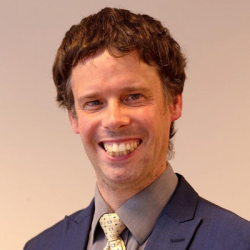
Project team
Dr Anna Cox, Senior Lecturer in Health and Social Care, School of Health Sciences, University of Surrey
- a.cox@surrey.ac.uk; @annaclarecox
Mr Scott Watkin BEM, Expert by Experience
Dr Athena Ip, Research Fellow, School of Health Sciences, University of Surrey
Ali Jabeen, Operations Manager Elfrida Society Parent’s Project. The Specialist Advocates for parents with Learning disabilities and or learning difficulties.
Professor Sally Kendall, Professor of Community Nursing and Public Health, Centre for Health Services Studies, University of Kent
